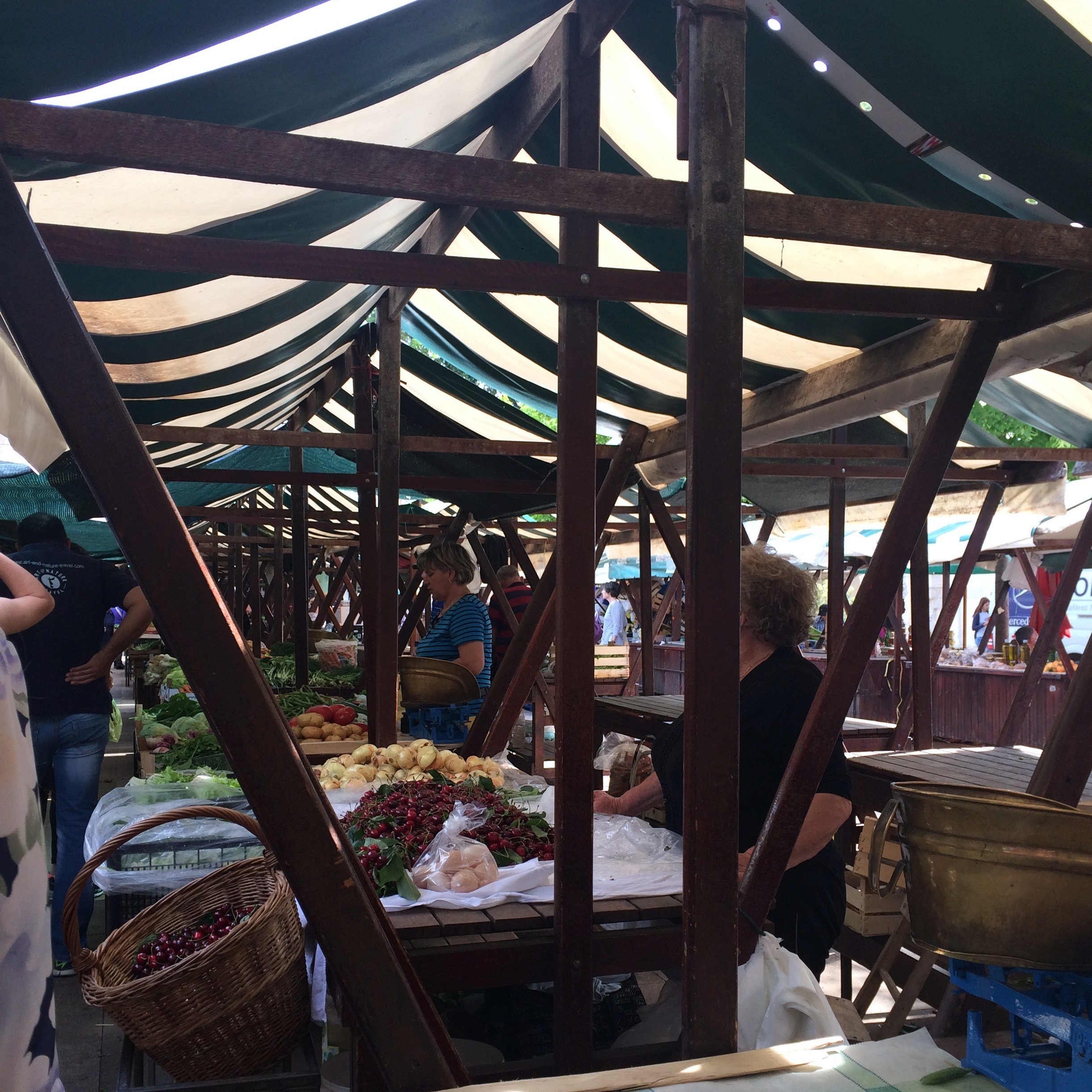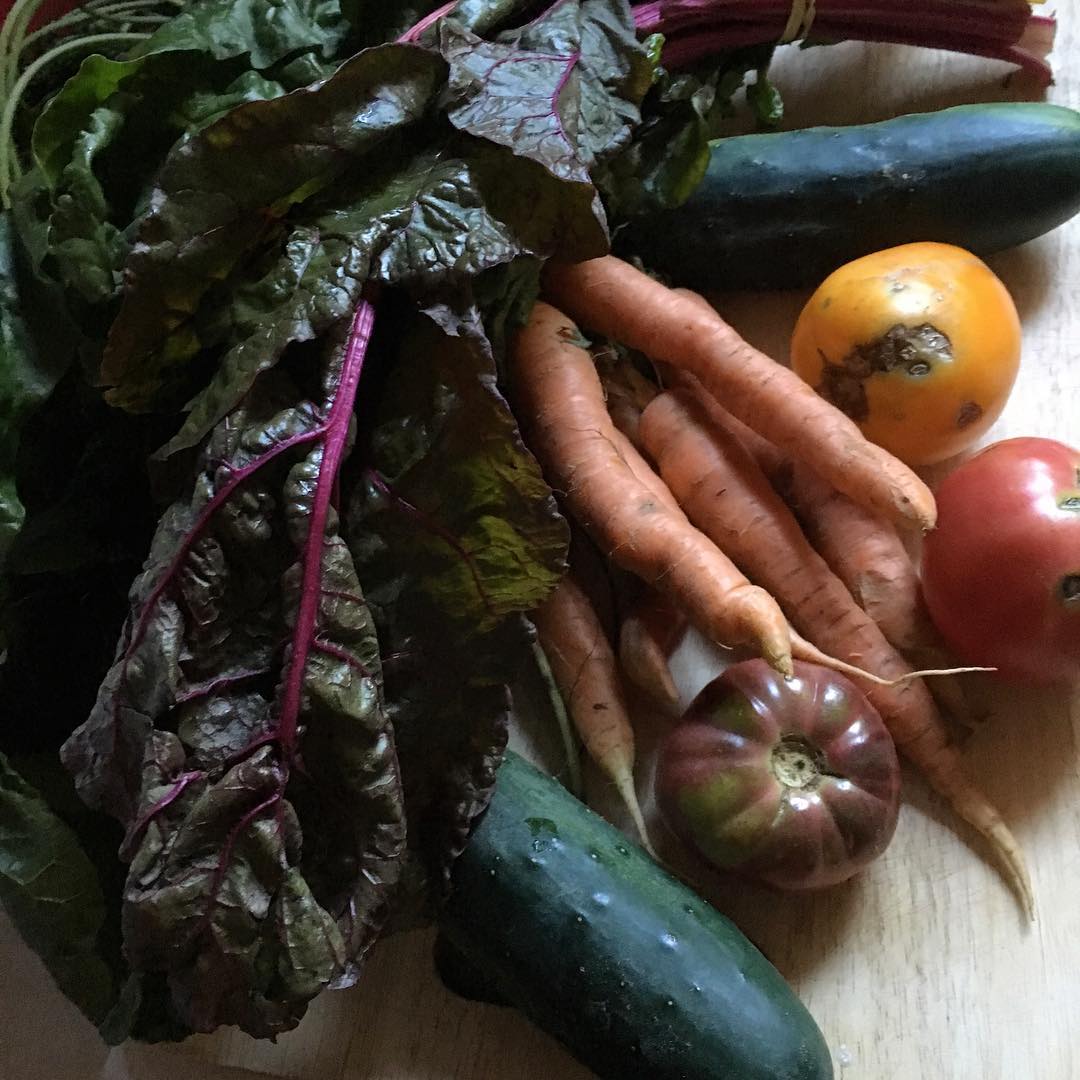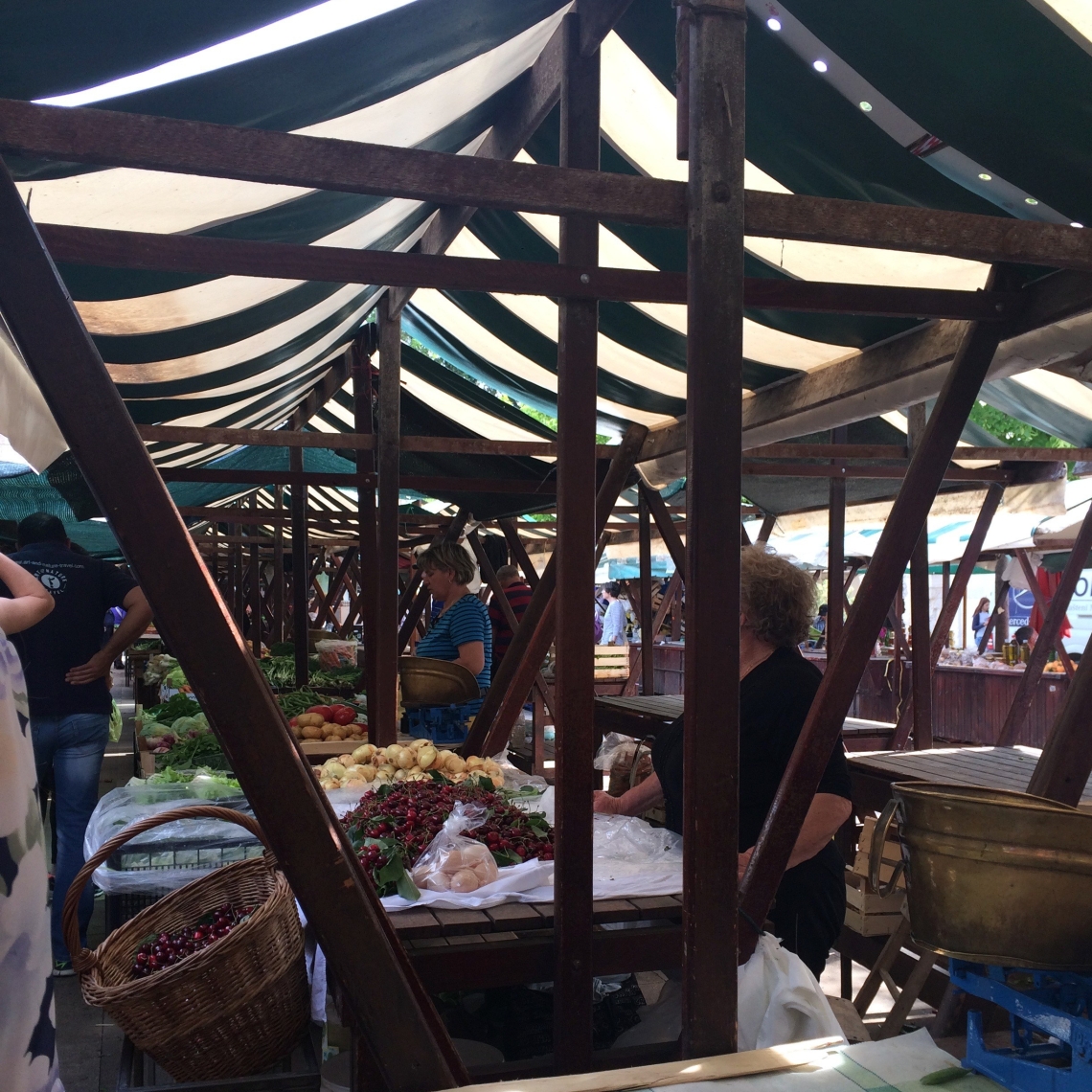By Jolee Keplinger (C’20) | Principia Center for Sustainability

Why make local food the next focus? The answer is simple, yet complicated. The ultimate goal of this blog is to promote a holistically sustainable food system. As you probably know, there are many viewpoints regarding the best way forward. These stances range from the plant-based movement to regenerative ranching. There’s also the organic vs. conventional conversation, and the whole issue surrounding food waste. All of these movements play a significant role in the broad topic of sustainable food production and consumption.
Rather than one-dimensionally viewing a certain method of farming or eating as being “good” or “bad,” I believe it’s important to address the topic with a local lens. Progress is being made in many forms. In some locations, it’s not so obvious though. Fortunately, with a bit of time, education, and a solutions-based journalistic approach, the trending topic of sustainable food can effectively be addressed.
Each so-called sustainable “solution” has many positive aspects that should be highlighted. Although becoming a locavore will not make the largest environmental impact, focusing on local food production, as a subcategory of a sustainable food system, allows for many connections to be made.
Now, I will be highlighting various aspects of sustainable food, throughout the St. Louis/Elsah, IL area.
This blog serves a a communication tool, raising awareness of what’s in my backyard as a student at Principia College. Rather than complaining about the unfortunate state of the mainstream food system, I want to educate, inspire, and create positive change by documenting the abundant local and sustainable options that exist for those living from the village of Elsah, Illinois to metropolitan St. Louis, Missouri.
Now, it’s time to tackle a persisting problem in our society. These days, most of us are highly disconnected from our food. In general, most people don’t care where it originated, who grew it, and how it ended up on the table.
So why should we care?
- Food plays a crucial role in our quality of life. Unfortunately, many of us are at a disadvantage.
- The U.S. food system is contributing to pressing public health problems such as obesity, health disparities, and environmental degradation.
- Food that is cheap and widely available is typically high-calorie, low in nutrients, and over-processed.
- We’re not eating enough real food; we’re eating too many food-like products.
If you’re still not convinced, here are three reasons why:
1. Mindful Living
In a world of abundant food, the thought of mindfully sourcing each food item may seem excessive for all the non-foodies. I’ll admit that shifting from quick and simple grocery store trips to seeking locally grown and raised food is a process. Although it requires a few logistical shifts, it’s absolutely worth it.

The more time one spends doing an activity, the more one tends to value and appreciate it. For example, carefully selecting ingredients and cooking a meal is not simple, but the end result is far more meaningful.

Food diversity and new experiences: two reasons shop locally! Yes, these purple beans are turning green as they cook. I never would’ve known magical beans like this existed if I hadn’t visited my local farmer’s market.
2. The Local Economy
Supporting local farmers by purchasing their foods keeps money in the community rather than sending it to a massive multinational corporation which is not likely to directly benefit the local area.
This is called voting with your wallet. Developing relationships with the local food producers builds community resiliency, and further establishes one’s sense of place within a community.

Imagine if everyone were to strive toward this. Communities would be stronger regarding food-secure, financial stability, and socially. In a world full of increasing uncertainty, striving to utilize local resources builds resiliency, and fosters a peace of mind.
3. Environmental Sustainability

Relevant Term: “Food miles”
This is the distance food travels from where it is grown to where it is ultimately purchased or eaten by the consumer.
- Locally grown or raised food = less miles traveled from the farm to fridge. This means: less pollution, less waste & less resource depletion
- Did you know sourcing food locally can also be a better bang for your buck nutritionally? Read this NY Times article to learn more!